
Accu-Tracking provides calibration and verification for measurement devices, analytical instruments, processing equipment, packaging equipment, utilities, and cooling units such as HPLC, freezers, refrigerators, stability chambers, tablet compression machines, dissolution testers, HVAC etc.
Calibration is performed by qualified and well-trained staff using certified and traceable standards to define the accuracy of the results as a basic requirement for GXP and ISO certification. The results of the calibration tests are recorded in individual reports.
Accu-Tracking has a complete set of portable instruments in addition to laboratory equipment to perform calibration and verification services either at Accu-Tracking laboratories or at the customer's site. Calibration activities are controlled via computerized calibration manager software that generates calibration plans and calibration reports.
Sensor calibration is an essential process in ensuring accurate temperature measurements. Without proper calibration, the readings obtained from a temperature sensor may be unreliable and inaccurate. This can lead to incorrect data analysis and decision-making, which can have serious consequences in various industries.
One of the main reasons why sensor calibration is important is because sensors can drift over time, resulting in a deviation from their initial accuracy. Environmental conditions such as changes in temperature or humidity can affect the performance of a sensor, causing it to provide inaccurate readings.
Regular calibration helps identify these deviations and allows for adjusting ensure accurate measurements.
Another reason for sensor calibration is that different sensors may have slight variations in their response characteristics. Calibration helps standardize these variations so that different sensors used within the same system or process produce consistent results.
In certain safety-critical industries like pharmaceuticals or food manufacturing, regulatory bodies often require calibrated sensors. Calibrated sensors provide assurance that processes are being monitored accurately and meet industry standards.
Sensor calibration plays a vital role in maintaining measurement accuracy and reliability. It ensures consistency across multiple sensors and provides confidence in the data collected from them. By regularly calibrating temperature sensors, businesses can make informed decisions based on accurate information while adhering to industry regulations.
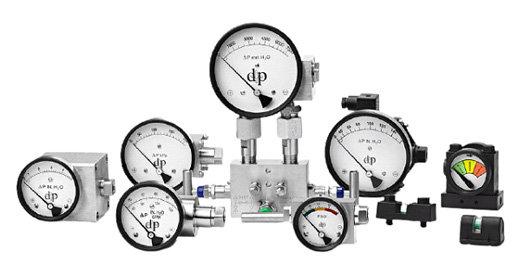
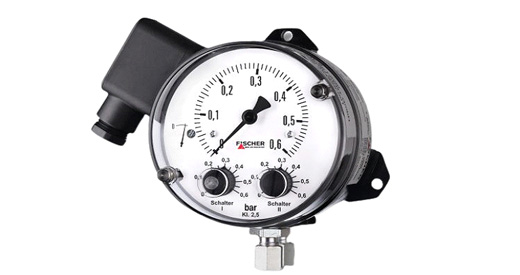
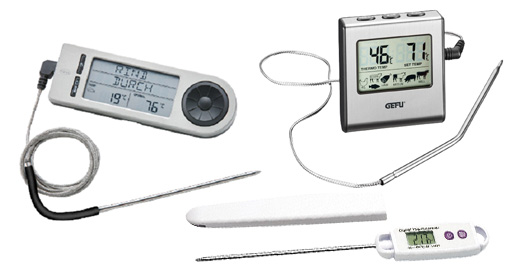
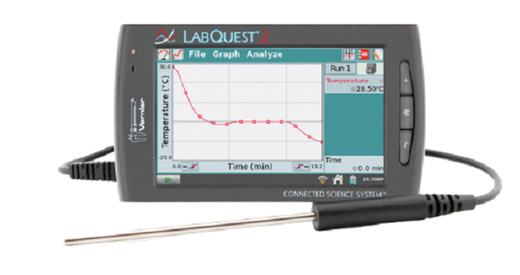
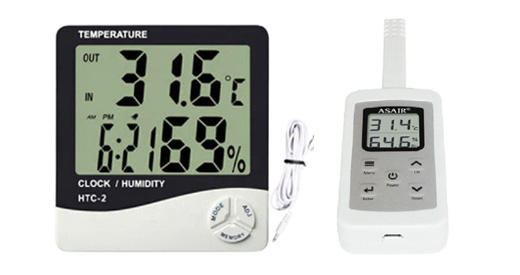
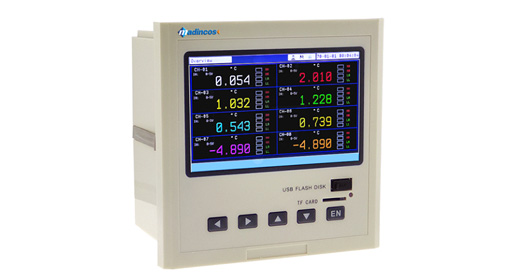
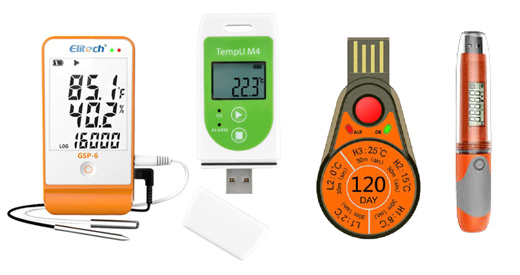
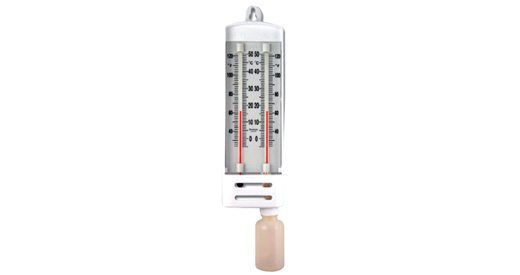


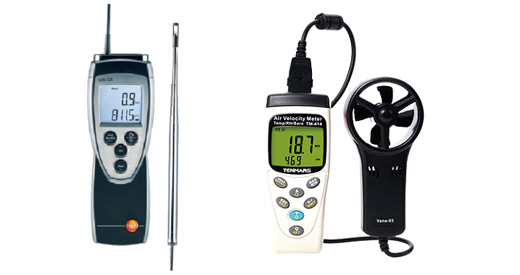
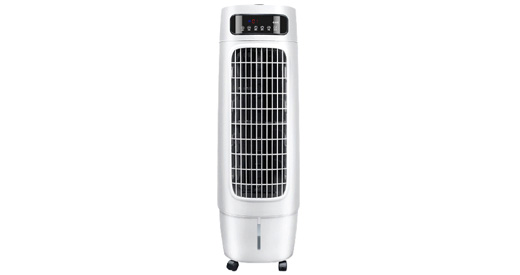
Click here for product enquiry